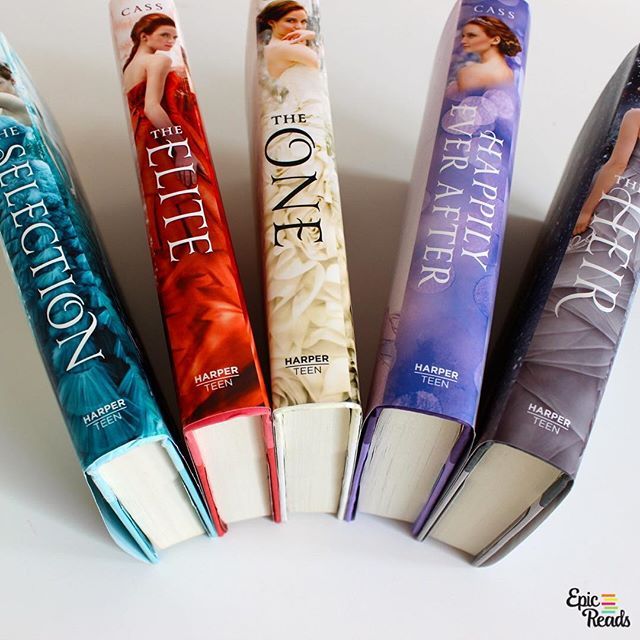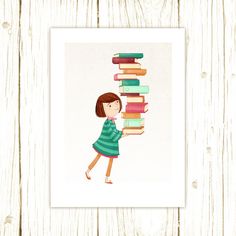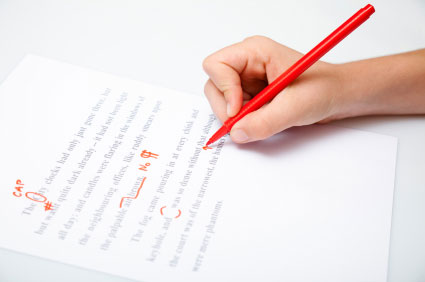
Picture taken from Pinterest
I’m not “girly.” Not at all. I mean…well, I do enjoy romantic comedies and books where the protagonists have love interests…but I’m not girly.
That being said, I have no explanation for why I enjoyed The Selection series so much. I was a total fangirl of Kiera Cass’ work. I picked up the first book in the series by accident and by the end of it, I was hooked. I basically poked the requisitions librarian where I worked during college to pre-order the other two books and then I hung out in the YA section and giggled over them with the teenage patrons.
It isn’t that Cass’ writing was spectacular. I did occasionally get annoyed at the repetition or the way she chose to describe something. It isn’t that there was a level of suspense in the first three books. Other people say they were on tenterhooks trying to figure out what would happen to the protagonists, but I was fairly confident about America’s fate. (I’m not referring to the country. That is actually the main girl’s name.) The storyline isn’t really all that complex, and yet it captivated me from the first chapter. I really had to wrack my brain for the reason why it was so appealing to me. I really think it was the way that Cass intertwined the selection and the lives of the protagonists with the turmoil that was prevalent in the kingdom. It was the contrast and the connections of these two storylines, causing me to giggle and gasp in turn, that kept me on the edge of my chair.
That’s why my ears immediately pricked up when I heard she was extending the series by another two books, but I didn’t run to the library. It took me over a year to actually check the next book out, but I am soooo glad I did! I almost finished it in one sitting. I’m probably not the only one who was a little hesitant to read the continuing story. Trust me. If you enjoyed the first three books, you need to continue the series.
Summary–no major spoilers
While the fate of the protagonists seemed clear to me in the first three books, Cass really stepped up the suspense in her fourth and fifth book.
The story jumps twenty or so years into the future and centers around America’s daughter and the heir to the throne, Eadlyn Schreave. The country has never had a female heir to the throne before. That coupled with the unrest between the recent removal of a strict social class system, means that the turmoil in the kingdom is still very much alive. In order to release some tension and turn the public eye away from these matters, Eadlyn’s father asks her to hold her own selection. This is a combination between The Bachelor and an arranged marriage where a group of boys from throughout the kingdom are given the chance to vie for the princess’ heart. While Eadlyn enters the selection with her head held high, she has serious doubts that she will find her true love. Her station demands that she finds a suitable husband, but her carefully walled off heart is pulling her in a million different directions? Will she choose her heart or her people, or perhaps both?
I give this series an enthusiastic 8.5 stars. I hesitate to give it more because of the reasons I mentioned earlier, but I feel I can give it no less.
Females of all ages will be able to find something in common with America Eadlyn. I think that Eadlyn’s story was especially compelling. Then again, it’s been awhile since I’ve read the first three books in the series and America’s story was compelling in different ways. In America, we see a girl pulled up from a lower caste and given the chance to see her world in a new light while being the voice of her family to those above her station. In Eadlyn, we see a girl shouldered with the burden of an entire kingdom since birth who has to allow herself to lower her walls to not just to her family or one boy, but to everyone in her life. And behind it all, we see the backdrop of an oppressed people who, even though they escape the clutches of a corrupt monarchy, must learn to grow themselves.
I have heard rumors that Cass’ story might be turned into a short television series for years. I’m still waiting eagerly to hear if this is true. I think her characters would pop off the screen! Love and betrayal, rebellion and death, teenagers and drama – what more could you want out of a YA dystopian romance comedy…series.
If I really like a story or an author, I find it easy to overlook what I would consider bad writing or annoying writing quirks. This is one of those cases. It feels an instinctive need to be “girly” without me actually having to go out and be “girly.” What more could you ask for?
Let me know what you think of The Selection series by Kiera Cass. I highly suggest that you finish this series if you haven’t already. I’m not sure if I’ve found them all yet. I’ll keep searching. In the end, you will be far from disappointed.
P.S. In addition to the core five books, there are apparently also a handful of short stories that fill in the gaps between the different POVs and timelines. I’m not sure I’ve found them all yet, but I’ll keep looking.

